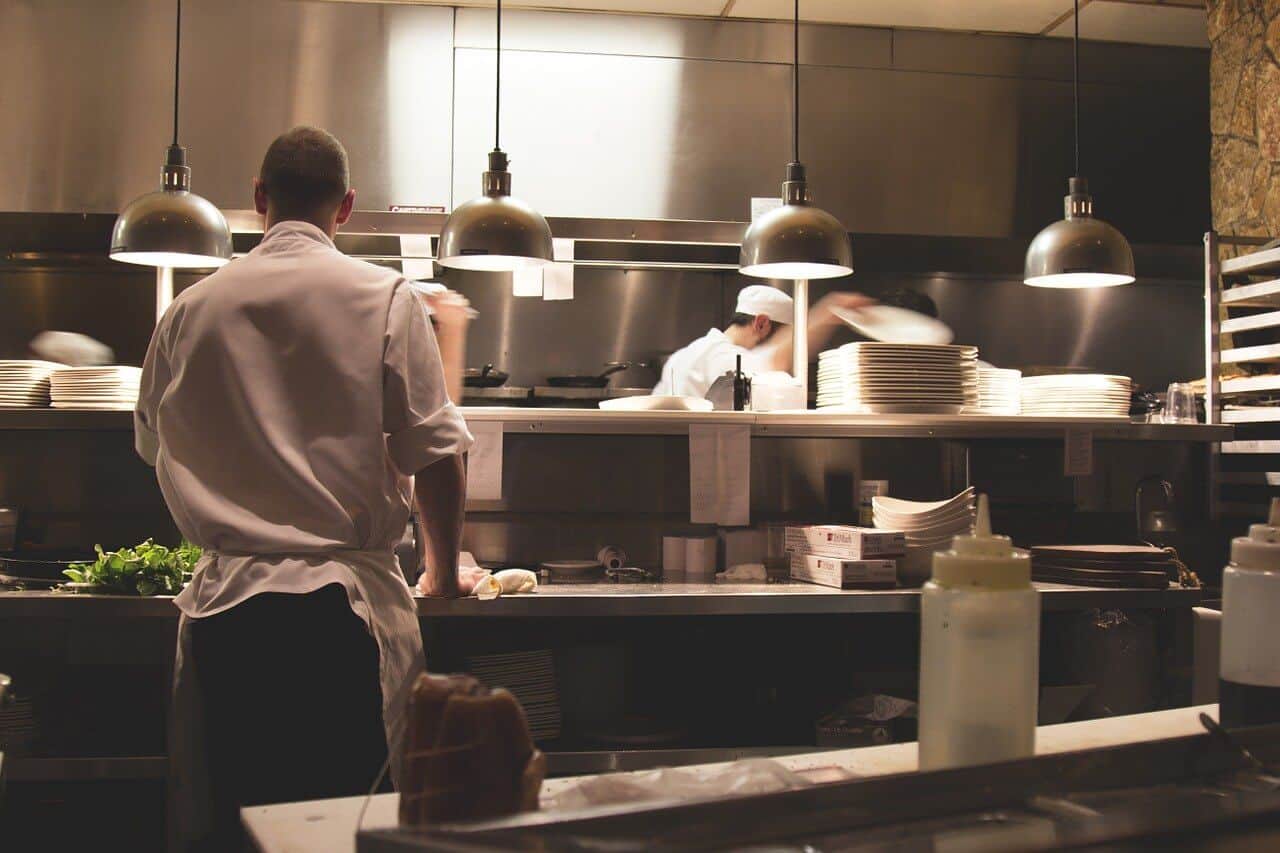- Phone: 306-970-1552
- connect@gentleprocessing.ca
- 18-301 South Industrial Dr. Prince Albert, SK S6V 7L7, Canada

Going out to a fancy, or even just an average restaurant can be a joy. We love it so much that it is estimated that the generation of today spends an average of 44% of their food budget on eating out. That adds up to a lot of money throughout the year, but what consumers fail to realize is that about 25% of people will be affected by some form of food poisoning throughout the year. Some claim that the majority of cases come from home food sanitation issues, but that is not necessarily true. Restaurants are supposed to adhere to strict health practices to ensure the safety of their clientele and you should know what they are.
Water Temperature
Just washing off dishes in a restaurant is not enough. Microscopic scratches and miniscule amounts of food can easily be left behind. Restaurants are required to monitor their dish washing area carefully and dishwashers are to use water with a temperature of at least 171 degrees F to properly sanitize dishes.
Cross Contamination
One of the largest contributors to food poisoning is cross contamination. Restaurants have guidelines to reduce the risk of cross contamination such as color coded knives and cutting boards for different foods. They are also required to have sanitizer cloths submerged in sanitizer liquid at each station throughout the kitchen. The sanitizer is to be changed throughout the day to maintain cleanliness.
Food Temperature
Bacteria grows in a moist, warm environment. It takes, on average, 2 hours for bacteria to grow to an unsafe level. Restaurants are always supposed to keep food temperature in mind. Cold foods are to be held at temps below 41 degrees while hot foods are supposed to remain at 140 degrees or higher to avoid what is known as, “The Danger Zone” in cooking.
Adhere to All Food Recalls
Food recalls seem to happen very often these days and restaurants are supposed to be well informed of any potential risk to their ingredients. If you go to a restaurant and see that one of their foods has known recalled ingredients, ask them for that item. Informed restaurants will inform you that the ingredient is on recall and currently unavailable. If they do not say anything, it could be a sign that the restaurant is not adhering to food recalls.
Gentle Processing
Restaurants have a lot to consider when it comes to taking care of their clientele and they often listen to the advice of their customers especially when it comes to new food industry related technologies. The next time you head out to your favorite restaurant, ask them if they have heard about Gentle Processing™.
Gentle Processing™ is a revolutionary new way to process foods